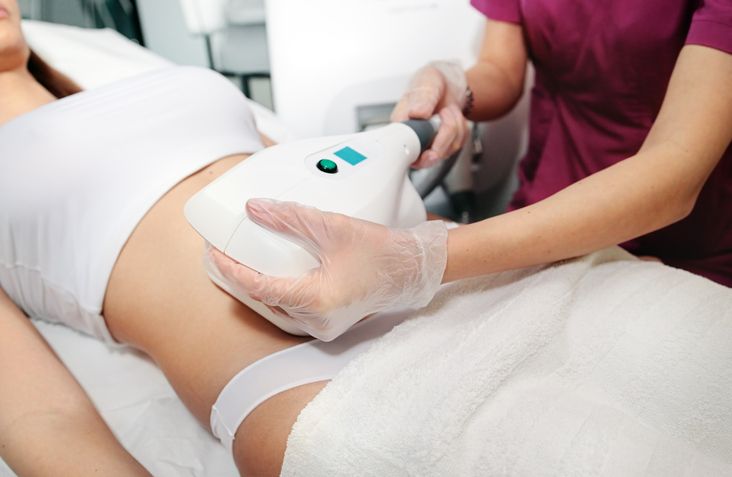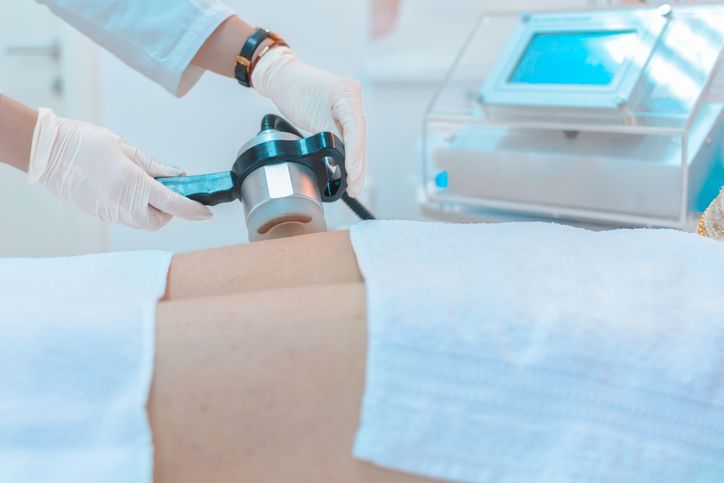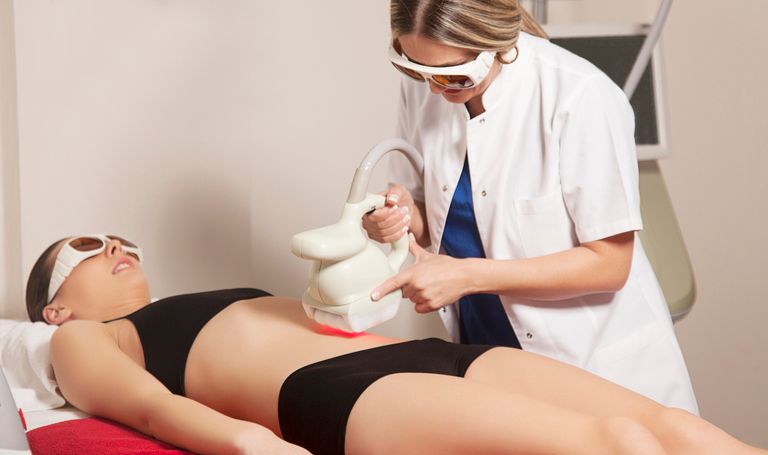
Book Now to Experience
F8 Hair Regrowth Treatment
1 Minute Self-Registration
Date should not be before minimal date
Author: Leila Tan|2023-2-21
Hair loss and thinning are becoming more prevalent; for example, at the end of their lives, 60% of women and 60% of men will experience hair loss and thinning. As a result, numerous medications and treatments arrived on the market, each claiming to be the solution to the apocalypse, and anti hair loss shampoo has become a fundamental item we keep in our bathrooms if you have thinning hair. Have you ever wondered what is in these shampoos and what effect they would have on hair health? Most importantly, are they the correct solution to the problem of hair loss? Continue reading to find out.

1
Tell me the cause of hair loss.
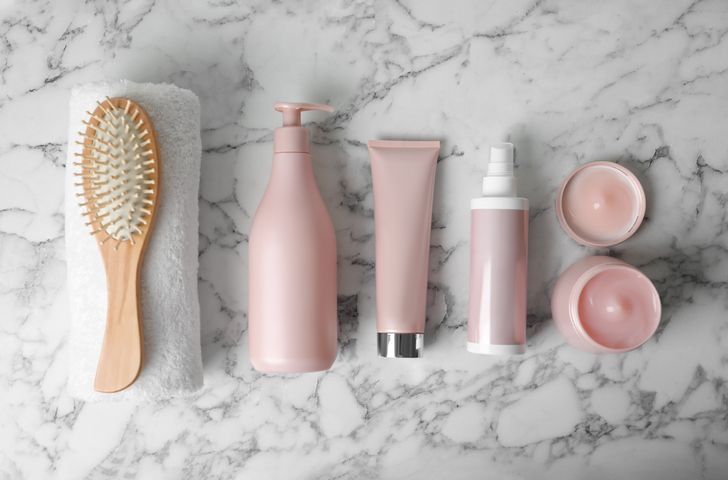
Hereditary reasons, changes in hormones, a shortage in nutrition, stress, and environmental factors such as pollution or exposure to harsh chemicals are the leading causes of hair loss. In addition, wearing tight hairstyles for an extended length of time may cause hair loss by putting pressure on hair follicles and damaging them over time. Several health issues may also contribute to hair loss.
Hereditary hair loss
The majority of hair loss is due to a hereditary disorder that worsens with age. This disorder is characterised as androgenic alopecia, often known as male-pattern baldness or female-pattern baldness. It often occurs gradually and predictably, manifesting as bald spots and a receding hairline in men and a thinning hairline around the crown of the head in women.
Changes in hormones & health issues
A multitude of causes, including hormonal imbalances during pregnancy, delivery, menopause, or thyroid issues, can cause permanent or temporary hair loss. Alopecia areata, which is linked to the immune system and causes patchy hair loss, scalp infections such as trichotillomania and ringworm, which causes hair pulling, are all examples of hair disorders.
Several drugs, including those used to treat cancer, arthritis, heart and gout issues, or high blood pressure, can induce hair loss as a side effect. If you have radiation therapy, your hair will most likely not regrow in the same way it did previously. A high majority of people develop hair loss a few months following physical or mental stress. Fortunately, this sort of hair loss is just temporary.
Hair treatments and styles
Traction alopecia is a kind of hair loss that can be triggered by excessive hair styling or tight hairstyles, such as pigtails or cornrows. Permanents and hot oil treatments can also contribute to hair loss. If scars form, you may permanently lose your hair.

2
What You Will Usually Find in Hair Shampoo?
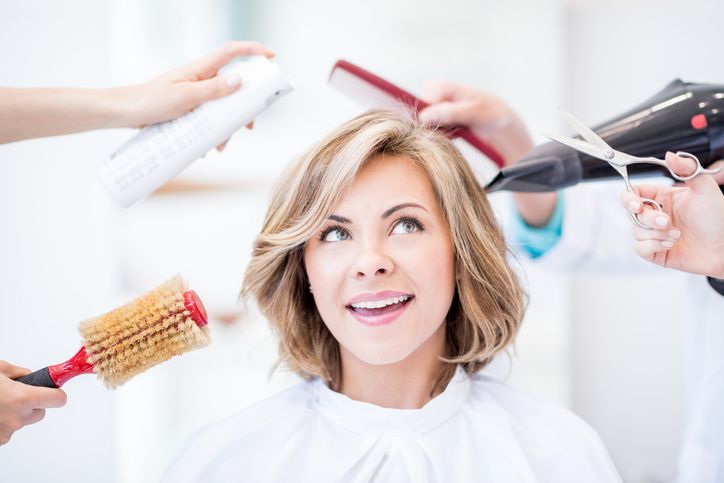
Despite the fact that some of the aforementioned conditions cannot be cured by using deep cleansing shampoo or anti hair loss shampoos alone, many hair fall shampoos list multiple benefits in order to attract more customers. Common ingredients in hair loss shampoo include biotin, saw palmetto, caffeine, ginseng, antioxidants and essential oils such as rosemary or peppermint. These ingredients help stimulate hair growth by boosting scalp circulation, improving scalp health and promoting the production of proteins necessary for strong, healthy locks.
In addition, Biotin and other B vitamins supply vital elements for healthier hair, whilst saw palmetto inhibits DHT, a significant cause of hair breakage and hair loss. Caffeine promotes hair growth by boosting blood flow to the scalp, which increases scalp oxygenation and supplies additional energy for hair growth. Ginseng strengthens hair follicles and improves their ability to absorb nutrients from the surrounding scalp environment. In addition, antioxidants protect hair follicles from oxidative damage produced by free radicals, and essential oils such as rosemary or peppermint can ease irritation on the scalp caused by dryness or inflammation.

3
What are the Labelled Benefits of Hair Loss Shampoo?
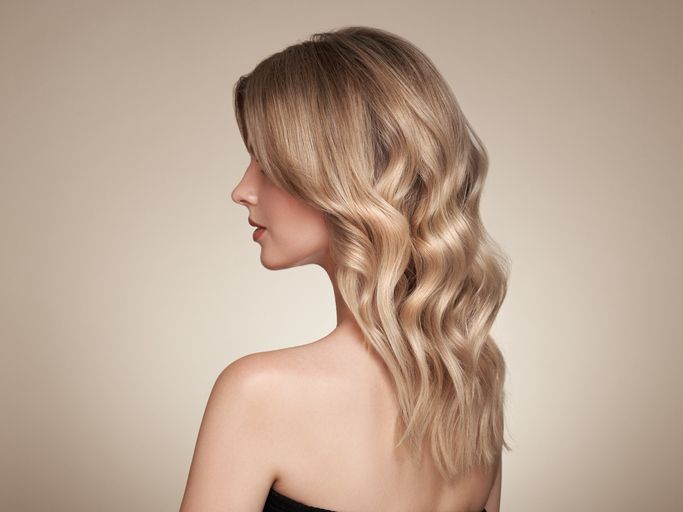
Hair loss shampoo is a type of hair care product formulated to reduce hair shedding and hair thinning due to hair loss. It typically contains ingredients that nourish and strengthen the hair follicles, as well as restore lost nutrients and promote healthy hair growth.
Some benefits of hair loss shampoo are that it can help stimulate hair growth, boost scalp circulation, improve scalp health, and promote the production of proteins necessary for strong, healthy hair. Additionally, anti-hair loss shampoo is usually labelled to reduce hair shedding and hair thinning due to hair loss.
Stimulate hair growth
By facilitating the transport of nutrients and minerals to hair follicles, shampoos for hair loss promote hair growth. The hair follicles are important for hair formation; therefore, supplying them with the essential nutrients promotes hair development. Biotin, saw palmetto, caffeine, ginseng, antioxidants, and essential oils contained in hair loss shampoo work synergistically to nourish hair follicles and increase scalp circulation.
By combining these components, shampoo for hair loss stimulates hair growth, lowers hair loss, and prevents additional hair thinning due to hair loss.
Boost scalp circulation and improves scalp health
Using a mix of massage and other treatments, shampoo for hair loss increases scalp circulation. The stimulation of blood flow by massaging the scalp nourishes and energises the hair follicles.
Additionally, the massage loosens any filth that has become embedded in the scalp, allowing healthy nutrients to reach the follicles and promoting healthy hair development. In addition, some shampoos contain compounds that can promote circulation on their own, including capsicum and menthol, which both improve circulation when applied directly to the scalp.
Furthermore, several essential oils, such as rosemary oil, lavender oil, and peppermint oil, have been reported to increase scalp circulation. These oils enhance circulation by activating the nerve terminals in the scalp, hence increasing blood flow throughout the region.
Sometimes, these oils are used alone or in combination with a carrier oil for application to the scalp, or they may be included in a particular mixture of therapeutic oils found in some shampoos designed to prevent hair loss.
Reduces hair fall
Hair loss shampoo works to stop hair loss by feeding and strengthening the hair roots, replacing nutrients that have been lost, and encouraging healthy hair growth. Biotin, saw palmetto, caffeine, ginseng, antioxidants, and essential oils are some of the ingredients found in shampoos that stop hair loss. These ingredients help increase blood flow to the scalp and boost protein production, which are both important for strong, healthy hair.
Biotin is a vitamin B complex that helps thicken the cuticles of the hair and improve blood flow to the scalp. Saw palmetto is a natural herb that can reduce inflammation and lower DHT levels in the scalp. High DHT levels in the scalp have been linked to hair loss or thinning.
Next, we have caffeine that speeds up the movement of cells in your skin called dermal papilla, which are in charge of feeding the roots of your hair. Ginseng also helps improve the health of the scalp by increasing blood flow and causing cells to grow back. Antioxidants protect against damage from the environment, and essential oils like rosemary or peppermint can keep your hair from breaking and strengthen the shafts of the strands you already have.
Together, these ingredients in shampoos promote that they can stop hair loss by nourishing the roots of your hair and encouraging new growth.

4
Does Hair Loss Shampoo in Singapore Work?
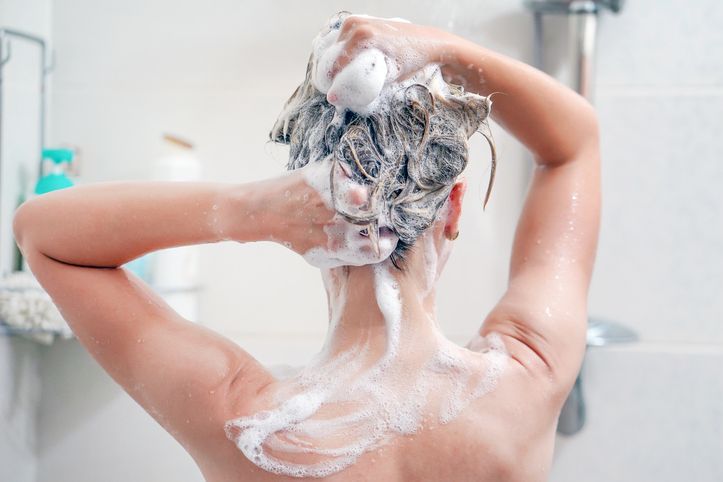
Unfortunately, the answer is no. Shampoos for hair loss cannot stop hair loss. However, they may promote hair growth, thickness, and volume. If your hair loss is the result of a scalp ailment such as seborrheic dermatitis or psoriasis, shampoos containing antifungal or anti-inflammatory ingredients may be able to reverse it. Anecdotal evidence suggests that both ketoconazole and hydrocortisone promote hair growth to some degree. However, US FDA has not approved ketoconazole for the treatment of hair loss.
Similar to DHT blockers, shampoos containing DHT blockers are believed to reduce DHT, a hormone known to shrink hair follicles. Therefore, there is a possibility that utilising these shampoos will aid in preventing hair loss.
Lastly, shampoos containing panthenol are supposed to increase hair thickness. Consequently, these shampoos are known as hair-thickening shampoos. This vitamin B2 derivative is supposed to attract moisture to the hair strands, resulting in thicker, healthier, and more lustrous hair. However, scientific data is lacking to support this notion.

Book Now to Experience
F8 Hair Regrowth Treatment
1 Minute Self-Registration
Date should not be before minimal date

5
Tips to Reduce Hair Loss
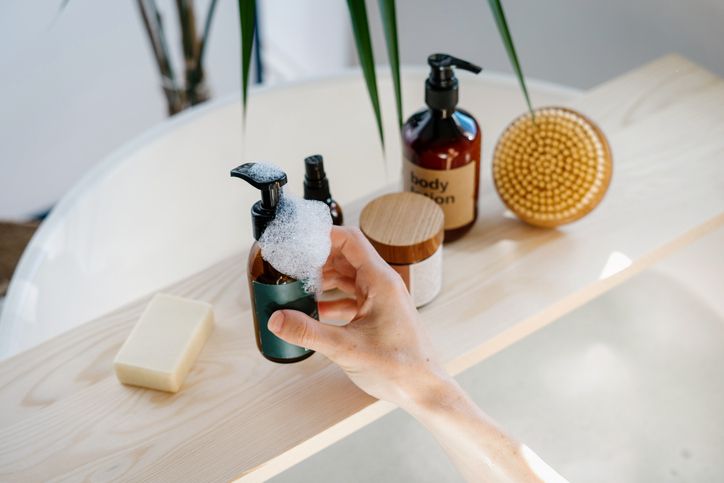
Do Not Use Your Hair As Experiment
Stop colouring, perming, chemically straightening, and unwinding at home. Find a salon that specialises in the desired service and has professionals that know how to analyse your scalp and hair to determine the most appropriate product for you.
Ensure that the stylist applies a hydrating conditioner afterwards. Limit your use of curling irons, flat irons, and hot combs to special events, such as weddings and job interviews. These heat your hair, causing it to become brittle.
Treat Your Hair Gently
Utilise your blow dryer's lowest heat setting. Instead of using a blow dryer, let your hair dry naturally whenever feasible. Wrapping wet hair in a microfiber towel can also speed up the drying process.
Stop wearing your hair tied back firmly into a bun, ponytail, pigtails, or braids. Frequent use of a hairstyle that pulls on the hair can result in traction alopecia, a kind of hair loss. Anything that pulls on your hair might lead to irreversible hair loss over time. There are styling modifications that can help you avoid this type of hair loss at Pulling hairstyles can cause hair loss.
Comb or brush your hair softly and only as much as necessary to style it. Pulling or yanking on your hair when brushing or combing might cause hair loss. If you have the habit of twisting or pulling your hair, you should strive to quit.
These behaviours might further deteriorate already delicate hair, resulting in increased hair loss. A silk or satin pillowcase helps reduce hair damage from friction, tangling, and pulling. Sleeping on wet hair may weaken the strands and lead to breakage. When hair is damp, it is at its most fragile.
Watch what you eat
Eat properly. Inadequate intake of some nutrients, such as iron or protein, can result in hair loss. Consuming too few calories daily might also result in substantial hair loss. Determine whether you are getting enough of certain vitamins and minerals before using a supplement for hair growth. A blood test can determine if you are deficient in particular nutrients.

6
I Need Other Solutions to Combat Hair Loss.
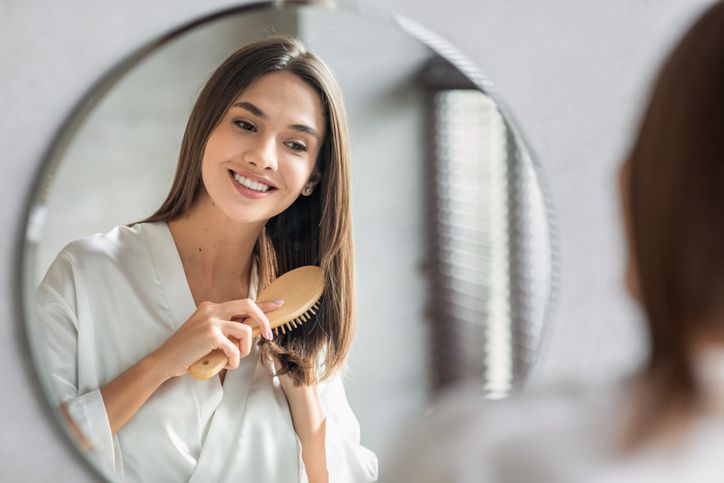
Get scalp massage regularly
According to a study, massaging the scalp enhances hair thickness by extending hair follicle cells. Thus, the follicles are stimulated to generate thicker hair. It is also believed that massaging the scalp might help widen blood vessels beneath the skin, hence promoting hair growth.
Besides that, a study in 2016 that involves 9 healthy men indicated that a daily scalp massage for 4 minutes actually promotes hair growth. These results are encouraging. To assess if scalp massages are beneficial for hair loss, researchers will need to examine a bigger sample size.
Get professional help
Make an appointment with a dermatologist with board certification. So many factors can contribute to hair loss. The sooner the cause is identified, the greater the likelihood of achieving the desired outcome. A dermatologist is a physician who is trained to diagnose skin, hair, and nail diseases. In many cases, they can successfully treat hair loss by getting to the root of the problem. Visit Find a Dermatologist to locate a dermatologist who can assist you.
Utilising antioxidants to treat the scalp
The use of anti hair loss shampoos and scalp treatments containing antioxidants may reduce hair loss and improve the health of the scalp. According to a 2021 scientific trial, women who used a shampoo or leave-in scalp treatment with the antioxidant piroctone olamine for eight weeks had greater hair growth and better scalp conditions than women who used placebo products.
Try low-level laser therapy
Low-level laser laser therapy (LLLT), commonly known as red light therapy, is a treatment for skin conditions that stimulates cell development using low-wavelength red light. In a small controlled experiment conducted in Korea in 2020, LLLT dramatically enhanced hair density and thickness in 48 individuals with androgenetic alopecia after 16 weeks. As such, low-level laser therapy has become increasingly popular these days, and here's to a great recommendation: New Beauty's F8 Hair Regrowth Treatment!

7
How F8 Hair Regrowth Treatment Can Provide You the Right Solution to Hair Loss Issue
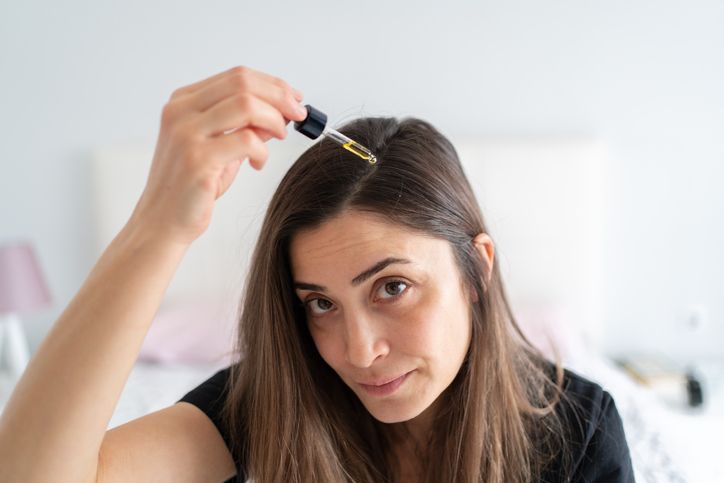
F8 is a safe, natural method of boosting hair growth and maintaining a healthy scalp. Inactive hair follicles are stimulated and their internal hair papilla is strengthened as low-level laser energy is swept across the scalp. Hair follicles and hair shafts are revitalised by the serum's nutrient delivery and the capillaries' restoration and stimulation of microcirculation. Increased hair growth, fortified hair strands, and less hair loss are all tangible benefits of this treatment.
This hair loss treatment is great for hair and scalp issues like thinning hair, balding, oily scalp, sensitive scalp, receding hairline, balding crown, alopecia areata, inflammation of the scalp, male pattern baldness, female pattern baldness, hair loss after pregnancy, and other conditions.
Forget about hair loss shampoo: If you would like to keep your scalp healthy, the hair growth serum infusion during the session can deep-cleanse the scalp to reduce sebum to enhance scalp conditions, which allows you to say goodbye to oily scalp and oily hair. Come try it out if you want thick, natural hair without the use of chemicals!
FAQ
Can thin hair become thick again?
Will an itchy scalp result in hair loss?
Does refreshing shampoo, sulphate-free shampoo, and alopecia caffeine shampoo work?
Is thinning hair considered hair loss?
Can F8 Hair Regrowth Treatment improve blood circulation?

Book Now to Experience
F8 Hair Regrowth Treatment
1 Minute Self-Registration
Date should not be before minimal date
Recommended Articles
COPYRIGHT© NEW BEAUTY MANAGEMENT LIMITED 2023. ALL RIGHT RESERVED.

